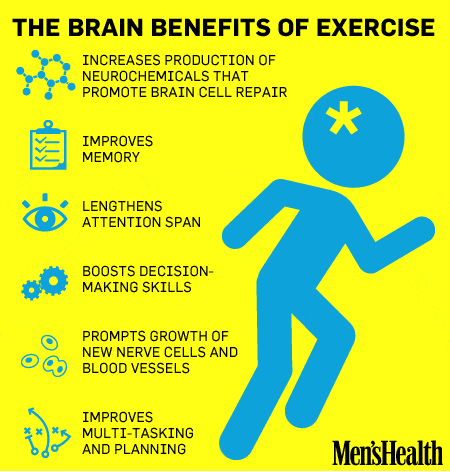Final words
Josip Loncaric

Final words
Josip Loncaric
How do we learn? What happens in our brain when we are exposed to new information, like a foreign language, a new skill, or a new way of doing things?
The following extract is taken from the brilliant book 'Spark: How exercise will improve the performance of your brain'.
Learning requires strengthening the affinity between neurons through a dynamic mechanism called long-term potentiation (LTP). When the brain is called on to take in information, the demand naturally causes activity between neurons. The more activity, the stronger the attraction becomes, and the easier it is for the signal to fire and make the connection. The initial activity marshals existing stores of glutamate in the axon to be sent across the synapse and reconfigures receptors on the receiving side to accept the signal. The voltage on the receiving side of the synapse becomes stronger in its resting state, thereby attracting the glutamate signal like a magnet. If the firing continues, genes inside the neuron’s cell nucleus are turned on to produce more building material for the synapses, and it is this bolstering of the infrastructure that allows the new information to stick as a memory.
Ratey, Dr John J.; Ratey, Dr John J.; Hagerman, Eric; Ratey, John. Spark: How exercise will improve the performance of your brain (pp. 42-43).


In simplified terms, when we learn something new, incredible things are happening in our brains. Connections are being made and they can only be strengthened with repetition and practice.
There is another way to make this learning much more effective and that is to exercise. Studies have shown that exercise - especially exercise that involves complex motor movement like football - will exercise the areas of the brain that are linked to cognitive function. So if you want to think with more clarity and make the learning stick, numerous scientific studies have shown that exercise is a free way to increase the capabilities of your brain.
The most wonderful information to come from these studies is that there is no age limit to learning. The brain is like play-doh, rather than porcelain, which means that it is adaptable, flexible, and malleable as long as we keep exercising it and exercising our body.
I know how clear my head is after a morning yoga or Pilates session, or after a nice jog around my area in the evening after a long day on the computer. Now the science is providing evidence that there are positive physical changes that are happening every time we exercise, and football is one of the best ways to get our cognitive functions firing.